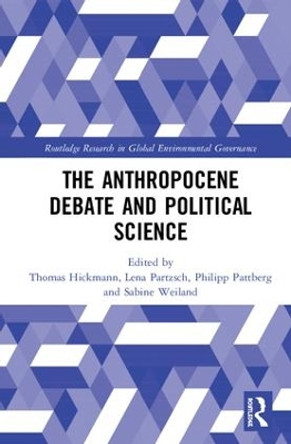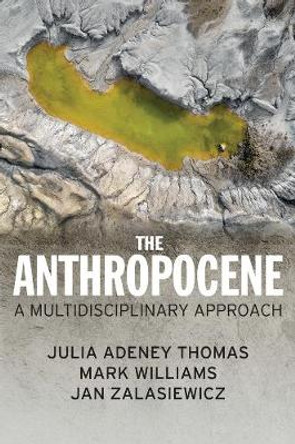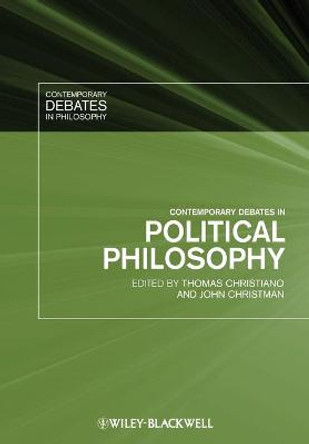Description
Anthropocene has become an environmental buzzword. It denotes a new geological epoch that is human-dominated. As mounting scientific evidence reveals, humankind has fundamentally altered atmospheric, geological, hydrological, biospheric, and other Earth system processes to an extent that the risk of an irreversible system change emerges. Human societies must therefore change direction and navigate away from critical tipping points in the various ecosystems of our planet. This hypothesis has kicked off a debate not only on the geoscientific definition of the Anthropocene era, but increasingly also in the social sciences. However, the specific contribution of the social sciences disciplines and in particular that of political science still needs to be fully established.
This edited volume analyzes, from a political science perspective, the wider social dynamics underlying the ecological and geological changes, as well as their implications for governance and politics in the Anthropocene. The focus is on two questions: (1) What is the contribution of political science to the Anthropocene debate, e.g. in terms of identified problems, answers, and solutions? (2) What are the conceptual and practical implications of the Anthropocene debate for the discipline of political science?
Overall, this book contributes to the Anthropocene debate by providing novel theoretical and conceptual accounts of the Anthropocene, engaging with contemporary politics and policy-making in the Anthropocene, and offering a critical reflection on the Anthropocene debate as such. The volume will be of great interest to students and scholars of political science, global environmental politics and governance, and sustainable development.
About the Author
Thomas Hickmann is a Post-Doctoral Researcher and Lecturer at the Faculty of Economics and Social Sciences of the University of Potsdam in Germany.
Lena Partzsch is a Professor of Environmental and Development Policy at the University of Freiburg in Germany.
Philipp Pattberg is a Professor of Transnational Environmental Governance and Policy at Vrije Universiteit Amsterdam in The Netherlands.
Sabine Weiland is an Associate Professor of Political Science at Lille Catholic University, affiliated with the European School of Political and Social Sciences (ESPOL) in France.
Reviews
"This remarkable collection very nicely combines conceptual, political and critical perspectives on the Anthropocene. All articles show that political science can contribute to a better understanding of the Anthropocene, but also that political science has to evolve in order to take up the challenges we face in this new era." -- Markus Lederer, Chair of International Relations, Technische Universitat Darmstadt, Germany
"Can a geological epoch have politics? The Anthropocene Debate and Political Science invites us to takes this question seriously and to bring political analysis into the center of contemporary environmental debates. A timely and innovative investigation into the political life of the Anthropocene." -- Eva Loevbrand, Department of Thematic Studies: Environmental Change, Linkoeping University, Sweden
"The Anthropocene has conquered most public and scholarly debates on the human-nature nexus - and has often been greeted without deeper reflection about the term's social and political implications. This superb and innovative volume addresses this gap and brings political science into a timely and much-needed dialogue with the Anthropocene concept." -- Fariborz Zelli, Associate Professor, Department of Political Science, Lund University, Sweden
Book Information
ISBN 9780367534950
Author Thomas Hickmann
Format Paperback
Page Count 278
Imprint Routledge
Publisher Taylor & Francis Ltd
Weight(grams) 453g










